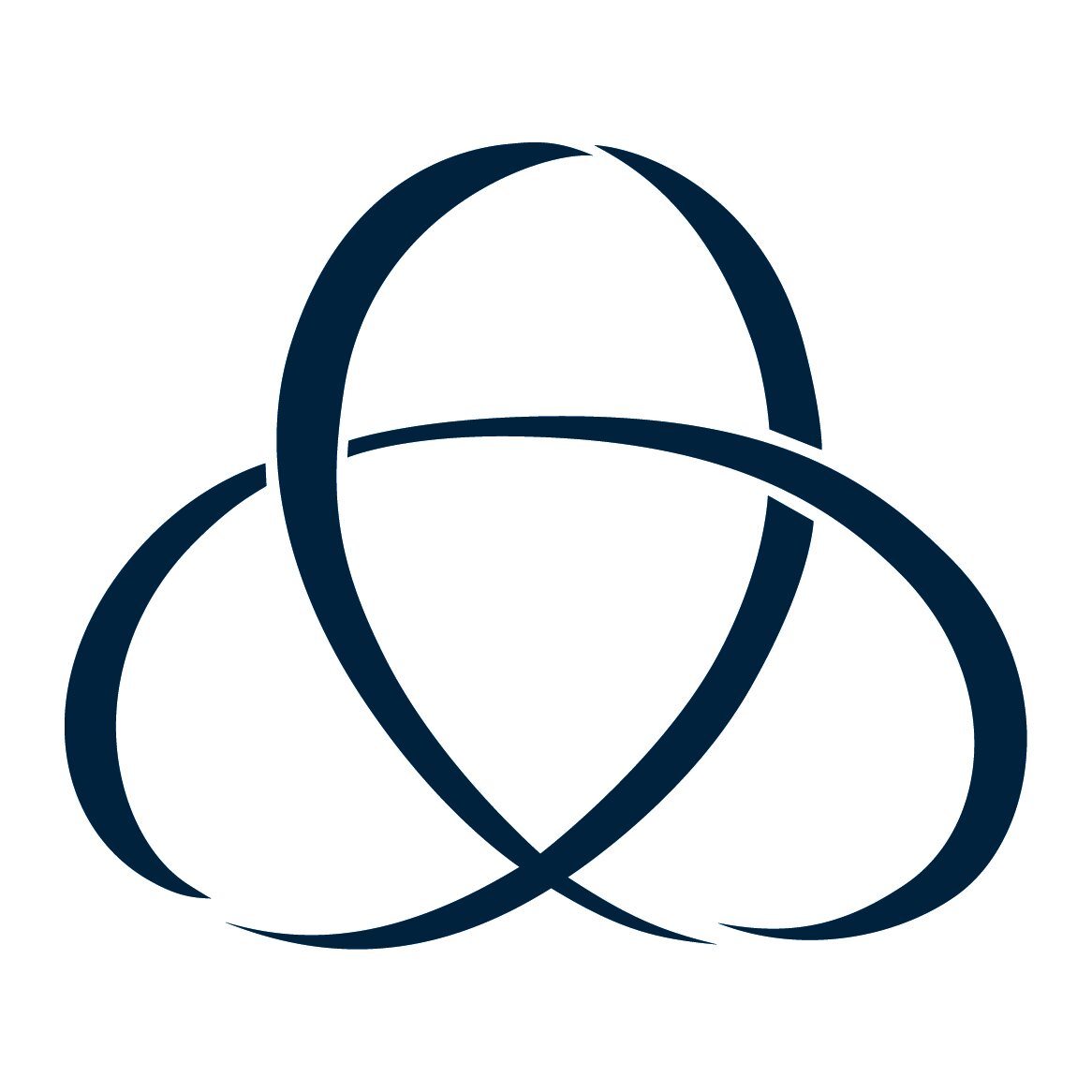Decriminalizing Drugs and What this Means for Licensees
Dear ABLE BC Members and Industry Colleagues,
On January 31, British Columbia decriminalized the personal possession of small amounts of certain drugs. This means that, beginning January 31, adults will not be subjected to criminal charges for the personal possession of small amounts of certain illegal drugs, and the drugs will not be seized.
Government considers this a critical step in removing the stigma around illicit drug users and in BC’s fight against the toxic drug crisis.
Licensed establishments are responsible for creating their own policies regarding on-site consumption. ABLE BC is working on template policies to share with members. If you have questions about your existing policy, please reach out to us at info@ablebc.ca.
The Liquor and Cannabis Regulation Branch (LCRB) expects that licensees will not use this important change to promote or encourage drug use at their establishments. Licensees remain responsible for adhering to the terms and conditions of their licence. This includes the prohibition of allowing patrons to become intoxicated and allowing intoxicated patrons to remain in their establishments.
The LCRB has published this FAQ to help you understand what decriminalization means for your business.
If you have any questions, please email LCRB.Outreach@gov.bc.ca.
What does ‘decriminalization’ mean?
Health Canada has granted the Province of B.C. an exemption from s. 4(1) of the Controlled Drugs and Substances Act until January 31, 2026.
This means that starting January 31, 2023, adults in B.C. will not be subject to criminal charges for the personal possession of small amounts of certain illegal drugs.
The total amount of illegal drugs must be 2.5 grams or less. This includes opioids, crack and powder cocaine, methamphetamine, and MDMA.
The trafficking of these drugs or the possession of quantities above these limits remains illegal and subject to criminal charges.
This exemption from prosecution for possession does not mean that the possession of narcotics is permitted in all contexts or that the consumption of drugs cannot be regulated or controlled under other legal authority (including provincial legislation or municipal by-laws).
Why is BC decriminalizing the possession of certain illegal drugs?
The decriminalization of people who possess illegal drugs for personal use is a critical step in BC’s fight against the toxic drug crisis.
It will help reduce the barriers and stigma that prevent people from accessing lifesaving supports and services. Substance use is a public health matter, not a criminal justice issue.
What does this mean for licensees?
As restaurants and bars are private businesses, licensees retain the right to refuse service and set house rules governing their establishments. This includes prohibiting patrons from possessing or consuming any illegal drugs within their premises.
Further, the Liquor Control and Licensing Act continues to prohibit licensees from admitting intoxicated patrons, allowing patrons to become intoxicated, and allowing intoxicated patrons to remain in the licensed establishment. This includes intoxication from narcotics.
What if an individual is found using drugs on a business’ property?
If a licensee observes drug use, the licensee may request that the individual(s) leave the premises. Additionally, police retain legal authority, under the Trespass Act, to remove people from these premises where the latter have not complied with an establishment’s request that they leave. Public intoxication – whether by drugs or alcohol – remains illegal.
Under the Liquor Control and Licensing Act (LCLA), police may issue a ticket to a person who is intoxicated, including by the effect of illegal drugs, in a public place (which includes a bar or restaurant).
What resources are available if patrons possess/use illegal drugs?
If open drug use is occurring in an establishment or if unlawful activities are taking place, you may ask the person to cease the activity or to depart. If they do not comply, police can remove people from the establishment under the authority of the provincial Trespass Act.
Trespass laws allow licensees to refuse entry, or require patrons to leave their establishments, including when the licensee determines it is necessary to maintain the safe operation of the establishment and to comply with licence terms and conditions.
However, adults who are removed by police and found in personal possession of illegal drugs that add up to a combined total of 2.5 grams or less will not be subject to criminal charges, and the drugs will not be seized. Instead, they will be offered information about health and social supports, including local treatment and recovery services, if requested.
